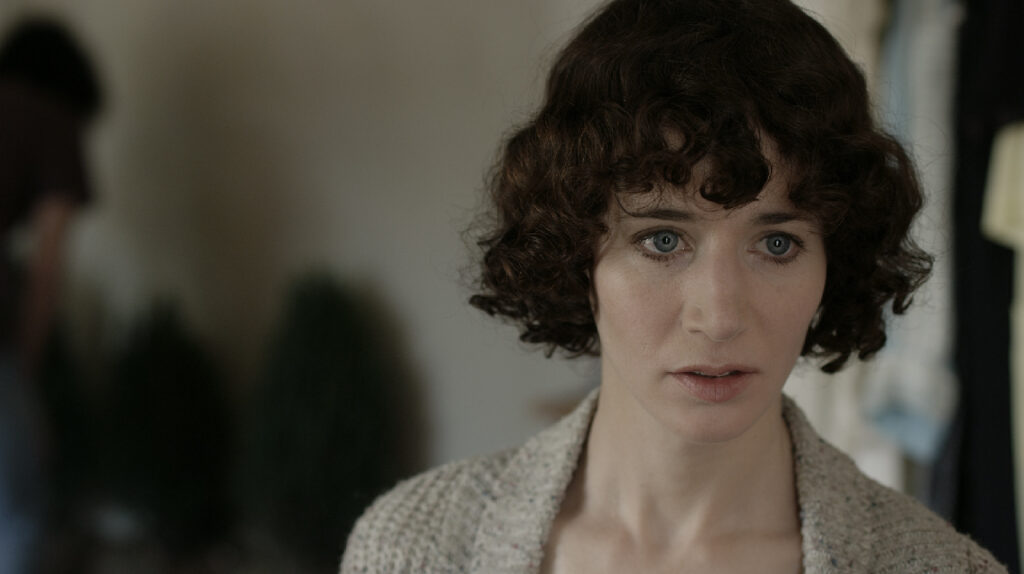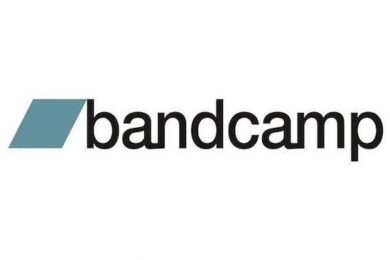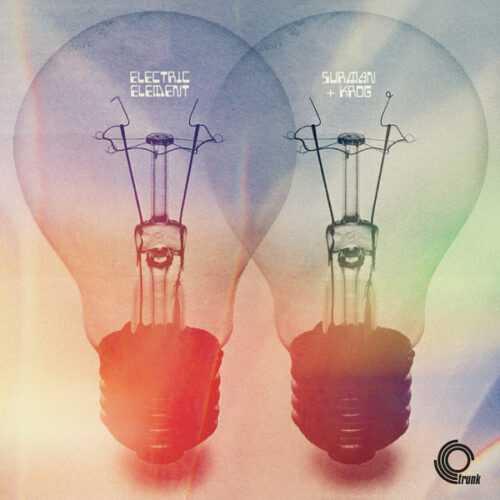After the success of her 2005 feature debut, Me And You And Everyone We Know, which scooped the Caméra d’Or at the Cannes Film Festival, writer-director Miranda July returns with The Future, a comedy-drama centred on a slacker couple thrown into a life crisis by the adoption of an injured cat. Sophie, a children’s dance teacher (July), and Jason, a tech support worker (Hamish Linklater), vow to reconsider their lives in the 30 days they are waiting to bring Paw Paw (voiced by July) home from the vet. Lives, relationships and even the time-space continuum are thrown into disarray, as the characters grapple with their own insecurities. There is also some rather freaky dancing from July.
Growing up in Berkeley, California with New Age parents, July was an active member of various underground scenes, playing in Portland, Oregon queercore band The Need, doing spoken word performances in which she essayed all the roles, and distributing indie films by women through the Big Miss Moviola project, all before she became known for her own cinematic exploits.
I first heard of you back in the early 1990s, and I associated you with the Olympia DIY scene, when I guess you were doing spoken word…
Miranda July: Yeah, performance. Lots of different performance.
How has DIY culture informed your film work?
MJ: Back then I was making short films and kind of sharing short films made by other women and girls through this thing I started called Big Miss Moviola, and that, along with the Riot Grrrl DIY ethic, as opposed to film school or something else, kind of carried me right up to when I wrote my first feature. So, the short films were getting longer, the performances were getting longer, but I was still living in Portland and was still really in that context, which was basically a music context. I mean, I was always a little bit of an awkward fit, but I just really enjoyed the atmosphere and that’s who my friends were.
So, who was your peer group? Who were your running buddies?
MJ: Like, Bikini Kill, Sleater-Kinney. I was a founding member of a band called The Need, but we kind of went separate ways. I moved up there to be closer to my girlfriend at the time, and dropped out of college. So, it was totally women-centric, which was great for me. I think that’s what I was hungry for, more than anything, and I think, frankly, as a woman filmmaker it’s pretty important that you have some basis of confidence that you’re coming from, because, as I got closer to LA, there’s less and less women. There’s less and less mirrors for who you are.
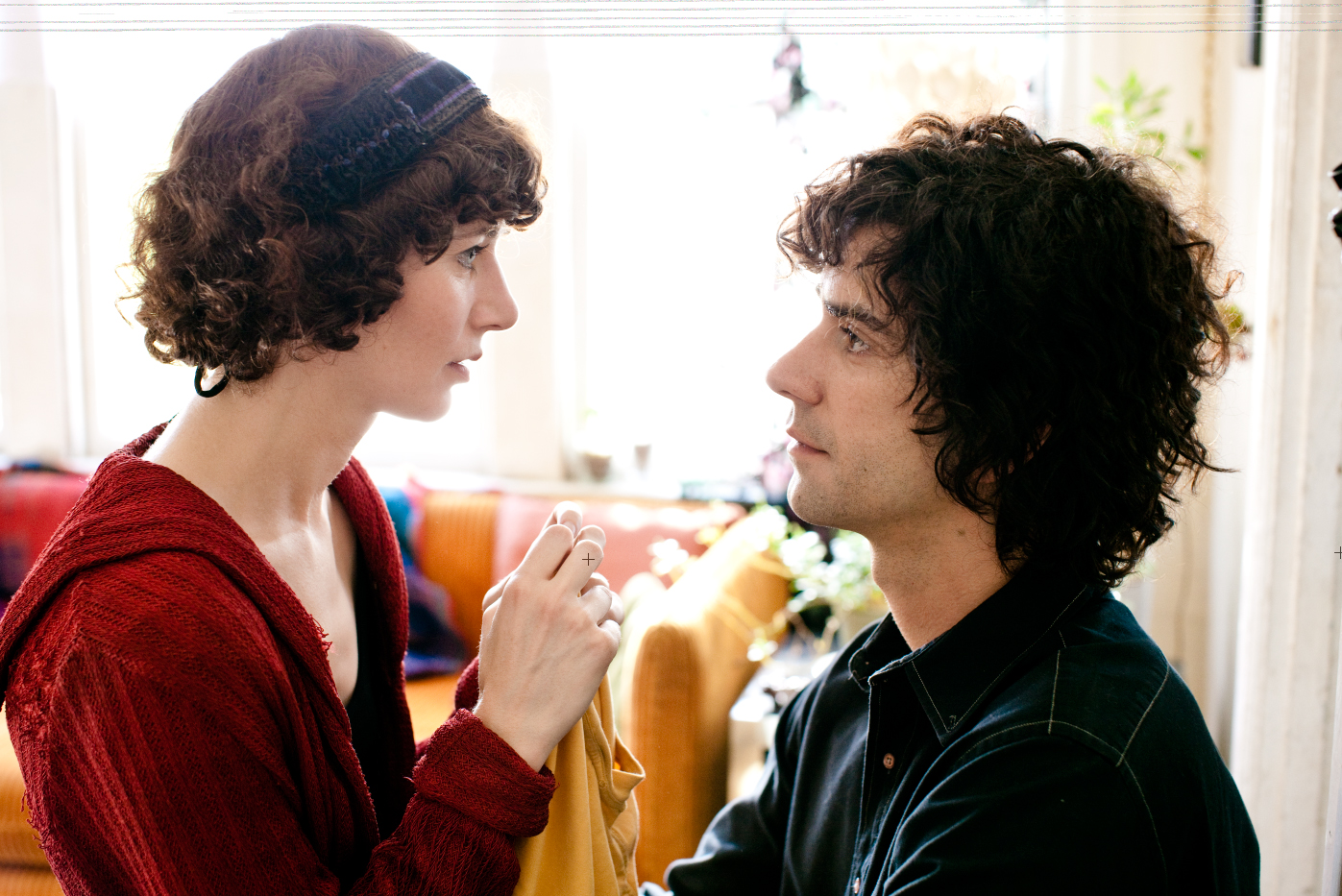
In terms of the art forms you’re pursuing, did they inform your film-making?
MJ: For sure. People ask, ‘Why would you cast yourself in your movie?’ And, for me, it’s more like an achievement that I am now not playing all the parts, you know? Like I was for so long, in all my performances and a lot of my short movies. So, that’s where I’m coming from, not out of a kind of actress-y sense of myself. I mean, I don’t really see myself as an actress, but more from performance: this is how you make something. You do it yourself. You’re in it and you write it. I think I keep doing it that way, ’cause it’s my way. It’s what makes me feel like I know how to do it.
So, we’ll get onto The Future. This character you’re playing, Sophie, seems to have rather a difficult relationship with dance. Is dance something you have ever pursued?
MJ: No, I wanted to have a character that had a job in their field of interest, but was not what they wanted to be doing, so she’s a dance teacher for little kids, but probably wanted to be a dancer. What that person’s like when they hit 35 – that was the kind of woman that I wanted to think about, and I guess I chose dance because, while I’m totally not a dancer, I’m willing to move around. Especially as I’m so cerebral, it seemed like a good way to visually be in the movie that wasn’t just thinking and talking.
Do you consciously think, when you’re writing a script: ‘OK. I’m going to be playing this part, so I need to give myself some good lines and I’m going to be playing a cat’?
MJ: (laughs) Well, I started out thinking I was going to play the other part, Jason. So, he has some really good scenes, too. No, I try to make it all good, but I did think I would be stopping time. But, in a way, when I’m writing it, I’m sort of acting out all the parts. I certainly say all the lines how I want them to be said, a million times. So, to me, it all has to be playable. I have to be able to do it, and for my part, I have to keep an eye out that this is going to be sort of embarrassing, like remember that: ‘You’re going to have to do whatever you write’ and think that through. And yet I’m also playing with that. I’m doing things that embarrass me. Things I’m ashamed of about myself, I think I kind of gravitate towards.
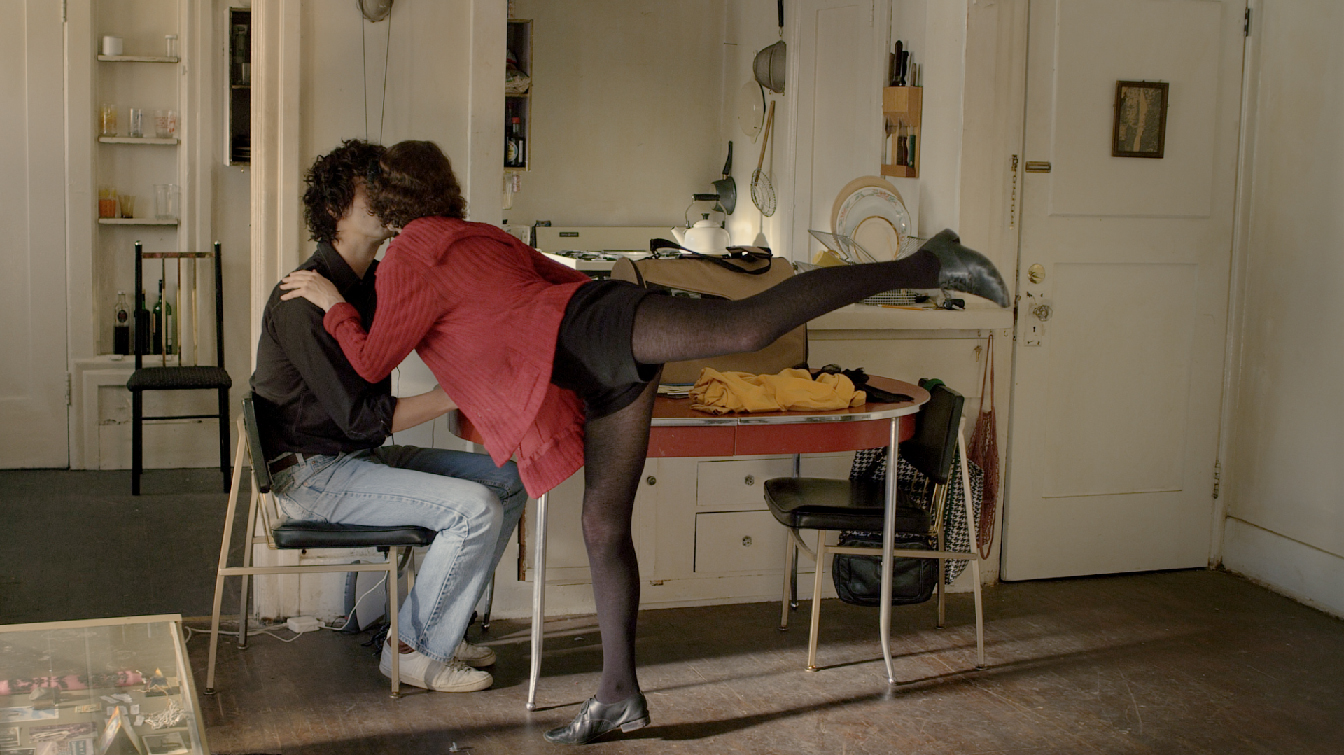
It’s also interesting the role the internet plays. That was in your first film, as well. These characters seem so insular, in some way. They have their Macs and their internet connection, but they can’t think of anything to look up when it’s about to be turned off. What is your feeling about the role the internet plays in people’s lives… and perhaps (ta-da) in the future?
MJ: (laughs) Well, I guess, as an artist, it’s mostly a bad thing for me. It’s good when you’re at this point and you’re trying to share something. But, when you’re trying to create something and you need to hang out, in not knowing, in all the cracks and spaces where you feel lost, and you need to endure them, and have new ideas come out of that emptiness, well, the Internet is what we do when we feel lost, you know? Like, you go online or you check your email when you don’t know what to do next, and so it’s not helpful, in that sense. And I kind of wanted to show that in the movie. If you want to have a character who falls into crisis, all you have to do is turn the Internet off, and then we all understand how that feels, when you suddenly just have time and yourself.
The Future is on release in cinemas on Friday

